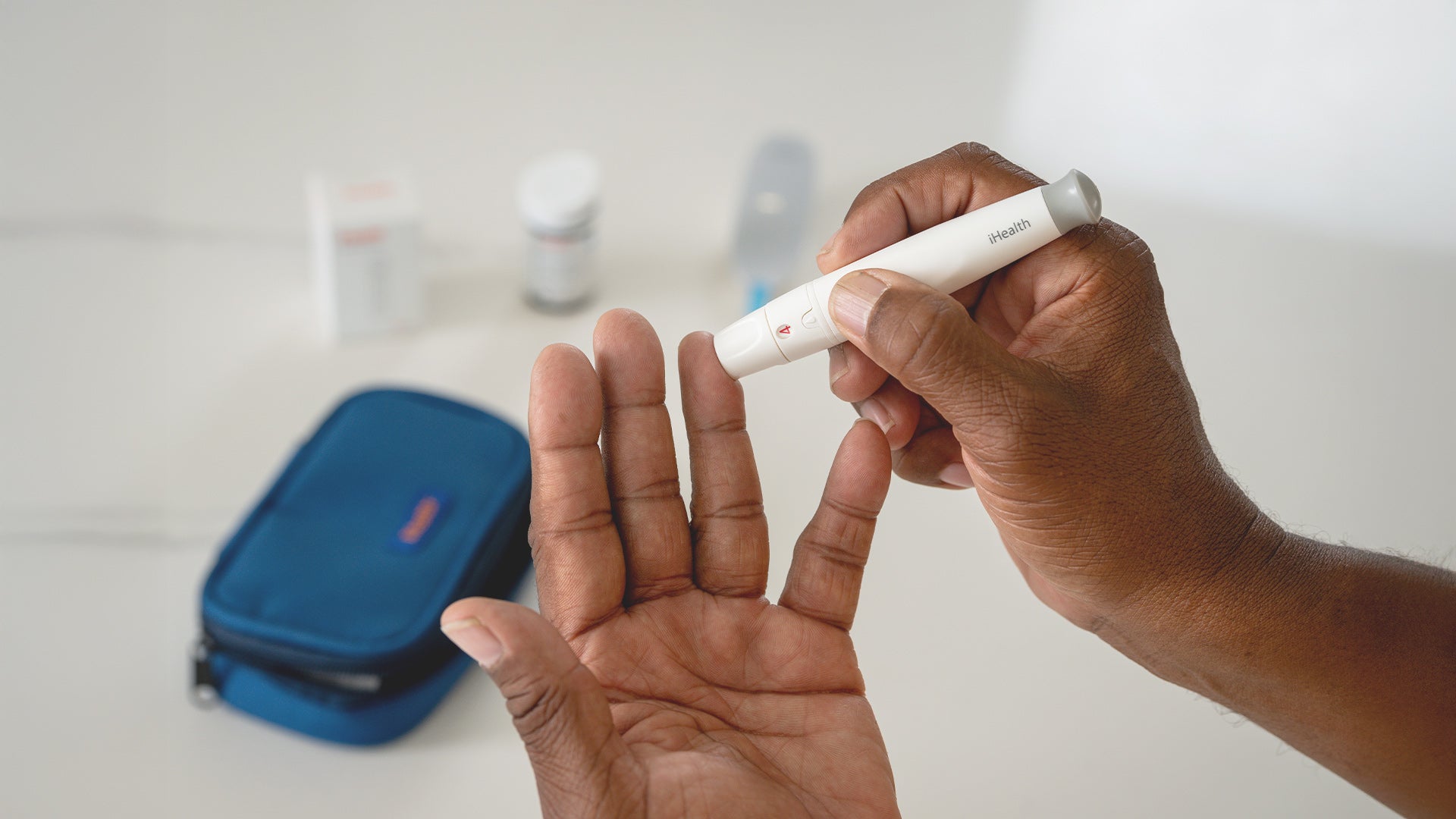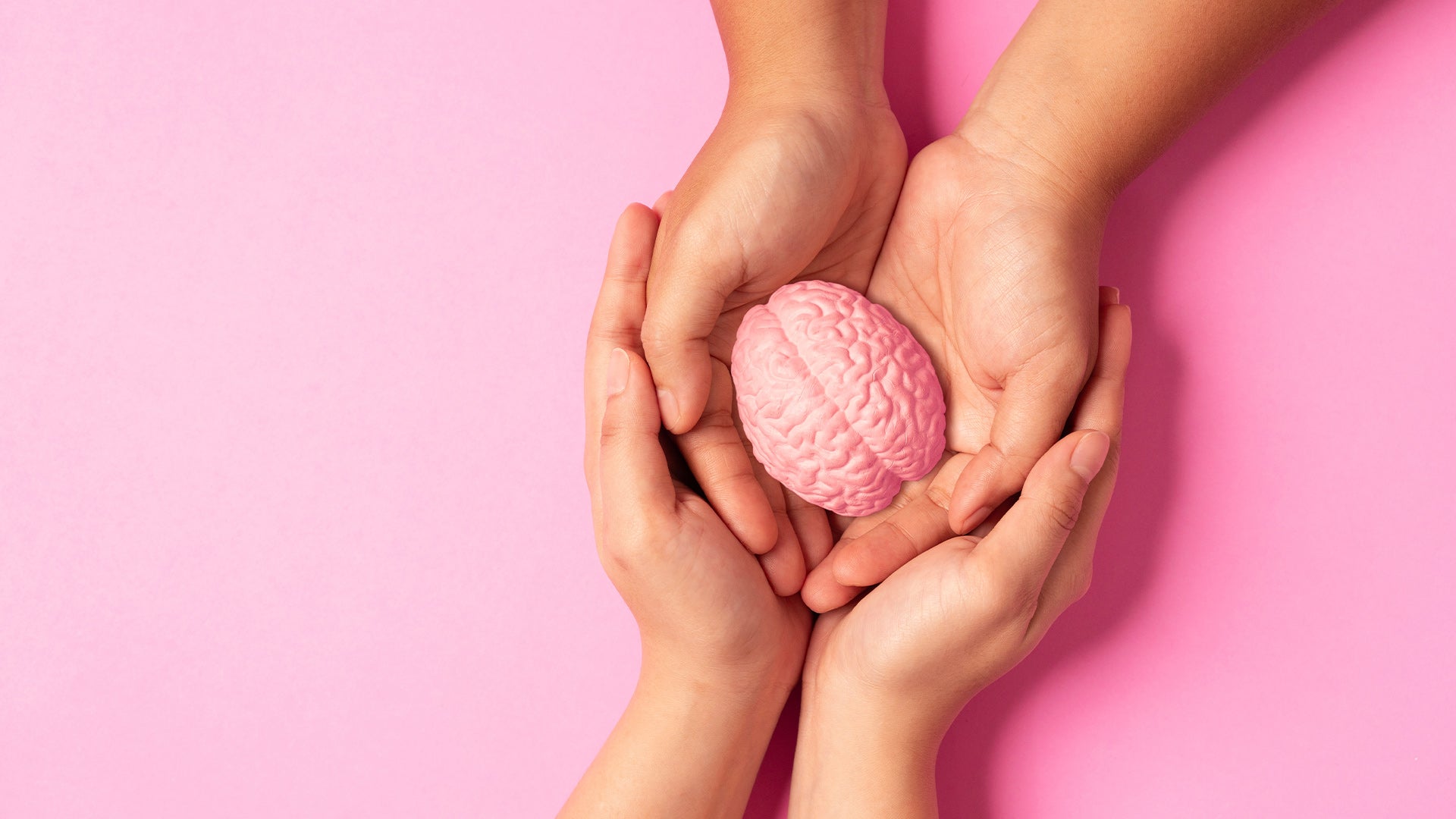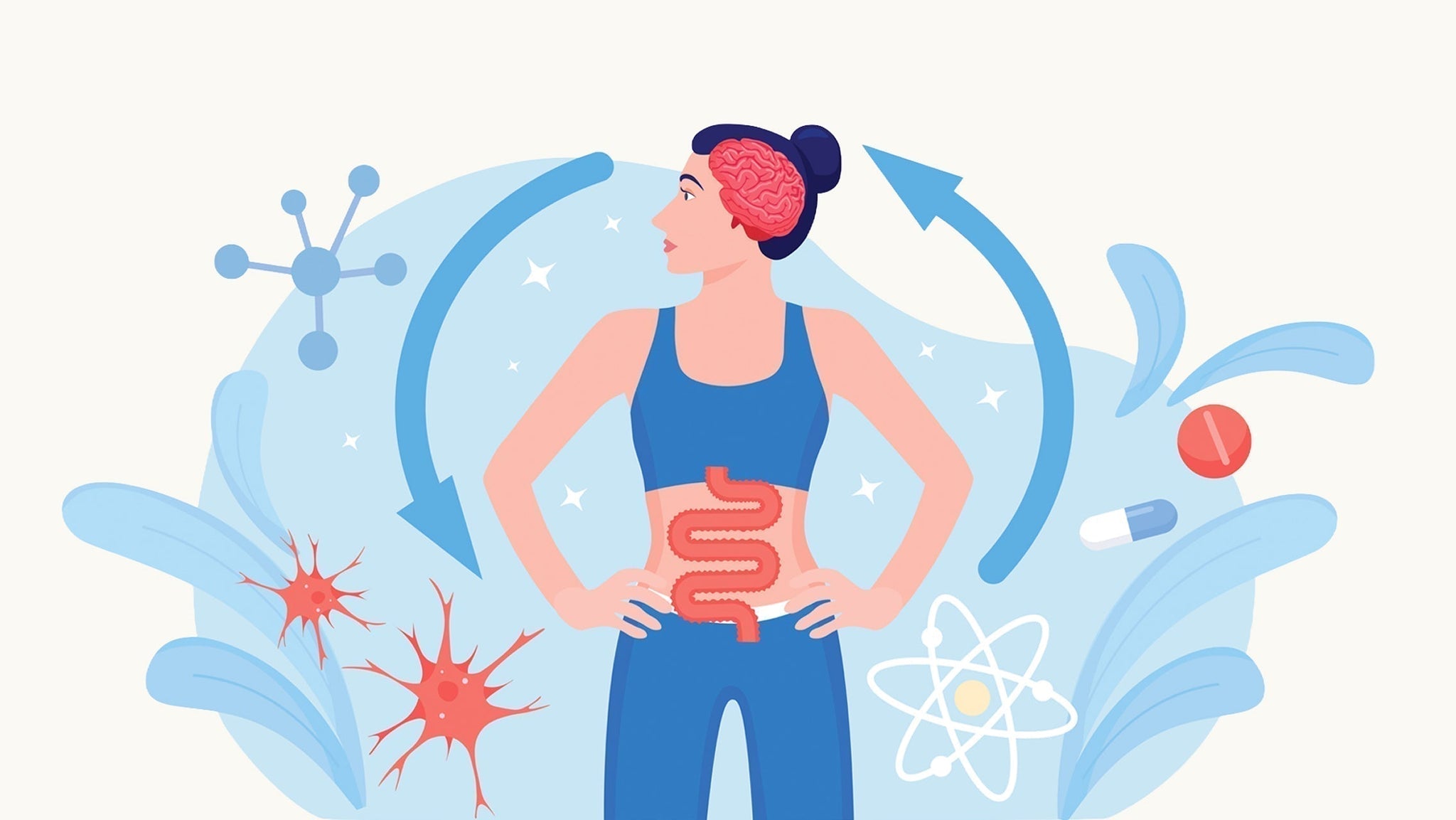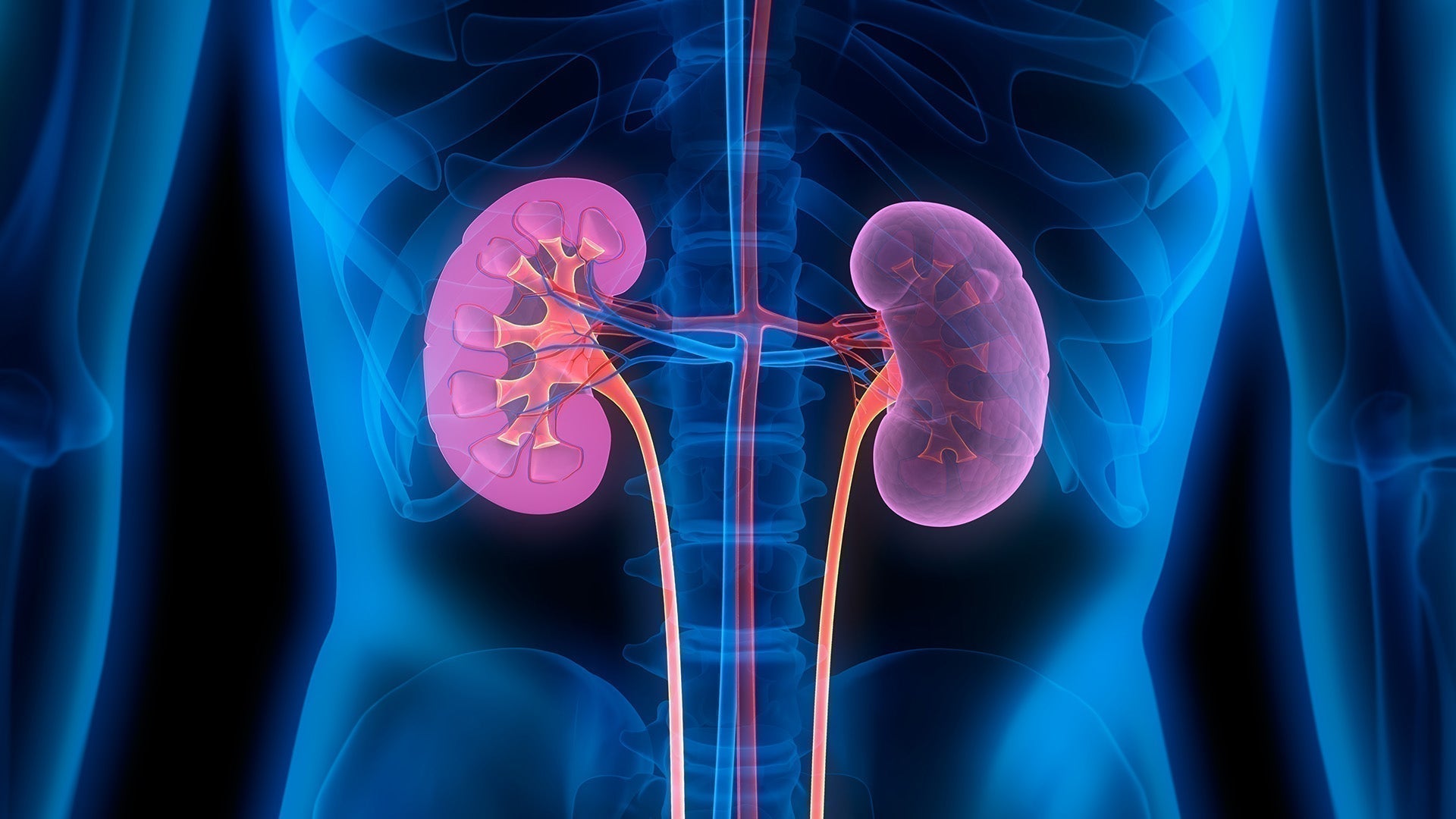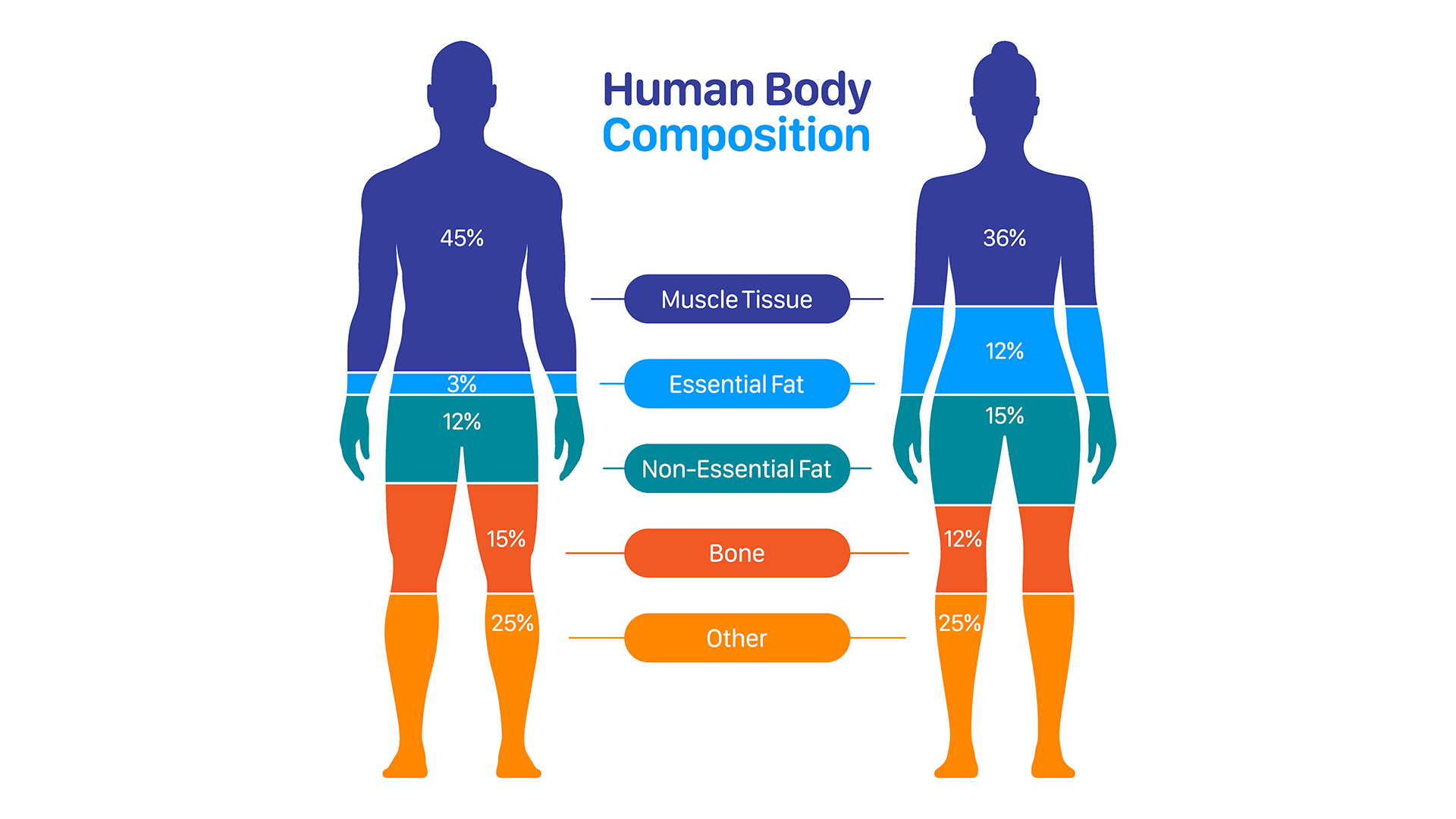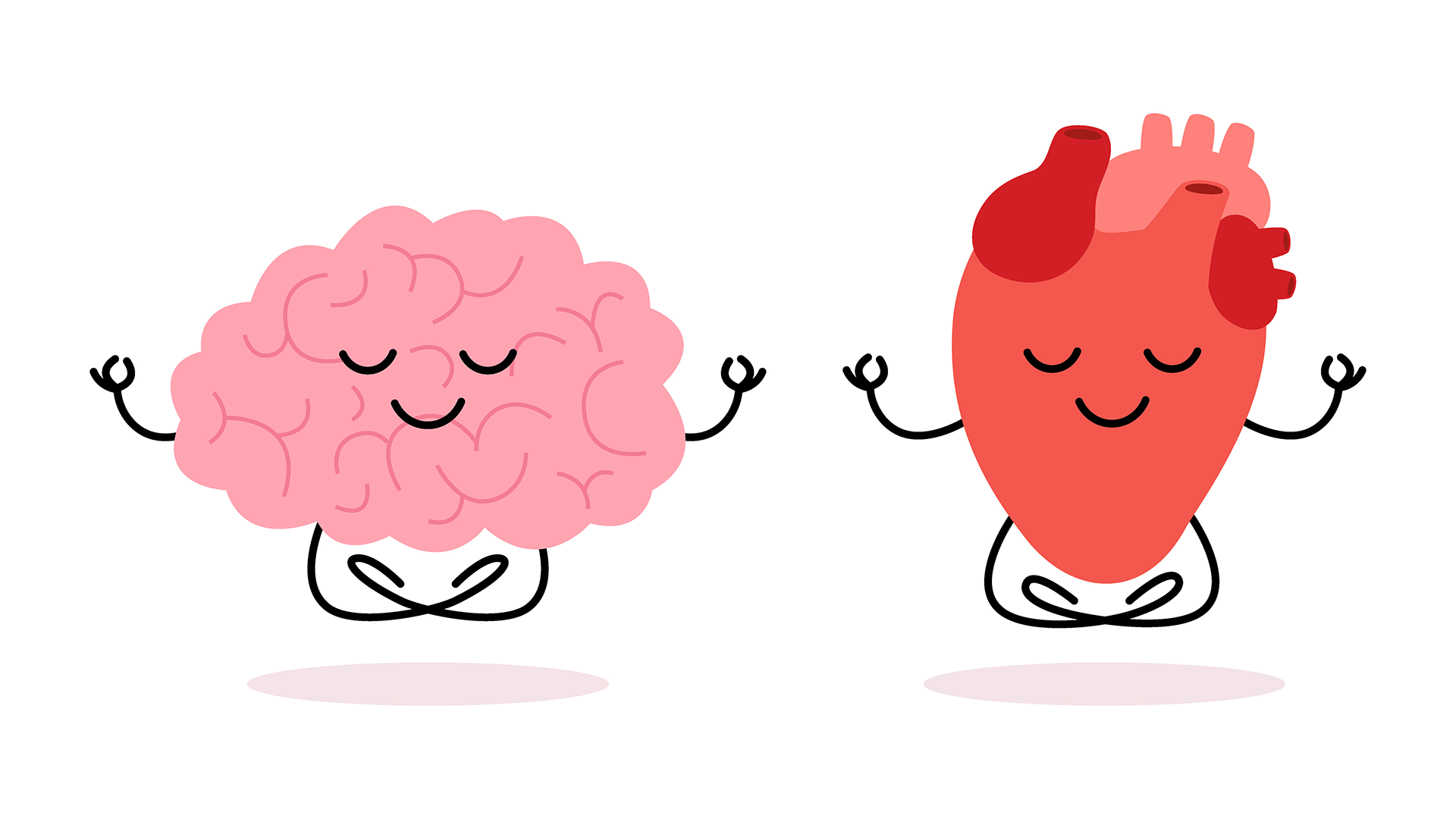Learn Your Way
to A Healthier Life

Men’s Health Week, occurring annually the week of Father’s Day, aims to raise awareness of preventable health problems and encourage early detection and treatment for common chronic conditions like high blood pressure (BP)—also known as hypertension. According to the CDC, high BP affects 50.8% of men in the US. Hypertension not only increases their risk of serious vascular damage, but also raises the risk of dementia.
According to a study in The Lancet Journal, high BP has accounted for approximately 9.8-22.6% of dementia cases among men globally. Fortunately, another study in The Lancet Journal found that lifestyle changes can help significantly lower BP as well as the risk of dementia.
How Blood Pressure Affects the Brain

The brain receives oxygen and nutrient-rich blood through a network of arteries and blood vessels. If too much pressure is built in vessels due to fat and cholesterol (plaque) buildup, persistent hypertension will put excessive strain on those areas of the network. Over time, this constant pressure causes these vessels to thicken, narrow and become less flexible, reducing the vital blood flow your brain needs to function optimally. Narrowed or blocked vessels can limit blood flow to the brain-which can lead to a certain type of dementia, called vascular dementia.
The Lancet Journal published a study showing that high BP in midlife—particularly during your 40s and 60s—can significantly increase your risk of cognitive problems and dementia later in life. The study estimates that high BP may account for 10-15% of dementia cases globally, making it one of the most important modifiable risk factors.
Managing Hypertension to Protect the Brain
Recent studies have demonstrated the remarkable brain-protective effects of BP control. A comprehensive 2020 analysis in the Journal of the American Medical Association (JAMA), which combined data from 14 clinical trials involving over 96,000 participants, found that people who received blood pressure-lowering treatment had a 7% reduction in their risk of developing dementia or cognitive impairment compared to untreated individuals.
The SPRINT MIND trial, which followed over 9,300 older adults for several years showed those who received intensive blood pressure treatment had 19% fewer cases of mild cognitive impairment–often a precursor to dementia–compared to those receiving standard treatment. The intensive treatment group also showed a 15% reduction in the combined risk of cognitive impairment or dementia.
Finally, a 2023 study published in JAMA Network Open involving over 34,000 older adults found that seniors with untreated hypertension had a 42% greater risk of developing dementia compared to those with normal BP. However, those taking blood pressure medications had virtually the same dementia risk as people with naturally normal BP—effectively "neutralizing" the extra risk.
Steps to Lower Blood Pressure
According to the Mayo Clinic, many people can lower their BP numbers by making a few important lifestyle changes. These measurable reductions are for the systolic blood pressure, which measures the force of your blood when your heart contracts. They are measured in mm Hg (millimeters of mercury—unit of pressure specifically used for blood pressure).

Embrace Heart-Healthy Eating
The DASH (Dietary Approaches to Stop Hypertension) and Mediterranean diets both emphasize whole grains, fruits, vegetables, lean proteins like fish and poultry and low-fat dairy and can lower systolic blood pressure by 5–11 mm Hg.
Start or Restart Exercising
Aim for at least 150 minutes of moderate-intensity aerobic exercise per week. Walking, biking, swimming or dancing are all great options. Losing just 10 pounds can drop your systolic BP by 5 mm Hg or more.
Limit Alcohol
Keep alcohol intake to no more than two drinks daily for men, one for women. Excessive drinking raises blood pressure and increases stroke and dementia risk. Cutting back can lower systolic BP by about 4 mm Hg.
Manage Stress
Chronic stress contributes to high blood pressure by triggering the release of hormones like adrenaline and cortisol. The good news is that techniques like meditation, deep breathing, yoga and tai chi are proven to reduce stress and lower systolic BP by 6–10 mm Hg.
Quit Smoking
While smoking doesn’t directly cause hypertension, it can severely damage blood vessels and increase the risk of both stroke and dementia. Quitting now can dramatically improve your brain and heart health.
Don’t Forget to Monitor Your Blood Pressure
Blood pressure can change over time and many people have no symptoms. That’s why regular monitoring is essential—especially for men over 40. Validated home monitors let you track your readings in real time and provide valuable information for your doctor.
Controlling blood pressure is a key strategy for maintaining brain health and reducing the risk of dementia. High blood pressure is extremely common, but it is also treatable and manageable through a combination of healthy lifestyle choices and medications when needed. Whether you're in your 30s looking to prevent problems or in your 70s seeking to preserve the sharpness you have, it's never too early or too late to prioritize blood pressure control.
References
- American Heart Association - What is High Blood Pressure?
- CDC - Hypertension Prevalence, Awareness, Treatment, and Control Among Adults Age 18 and Older
- Alzheimer's Society - High blood pressure and the risk of dementia
- Mayo Clinic - High blood pressure dangers: Hypertension's effects on your body
- Johns Hopkins Medicine - Hidden Brain Risk: Midlife High Blood Pressure
- The Lancet Journal - Population attributable fraction of hypertension for dementia: global, regional, and national estimates for 186 countries
- The Lancet Journal - Dementia prevention, intervention, and care
- JAMA - Association of Blood Pressure Lowering With Incident Dementia or Cognitive Impairment
- Alzheimer's Association - Sprint for Discovery: New Dementia and Cardiovascular Findings
- JAMA Network Open - Use of Antihypertensives, Blood Pressure, and Estimated Risk of Dementia in Late Life
- Mayo Clinic - 10 ways to control high blood pressure without medication
- University of Bristol - Relaxation techniques may help lower high blood pressure—at least in the short term
Sign Up For More From iHealth
Receive the Latest News and Special Offers




